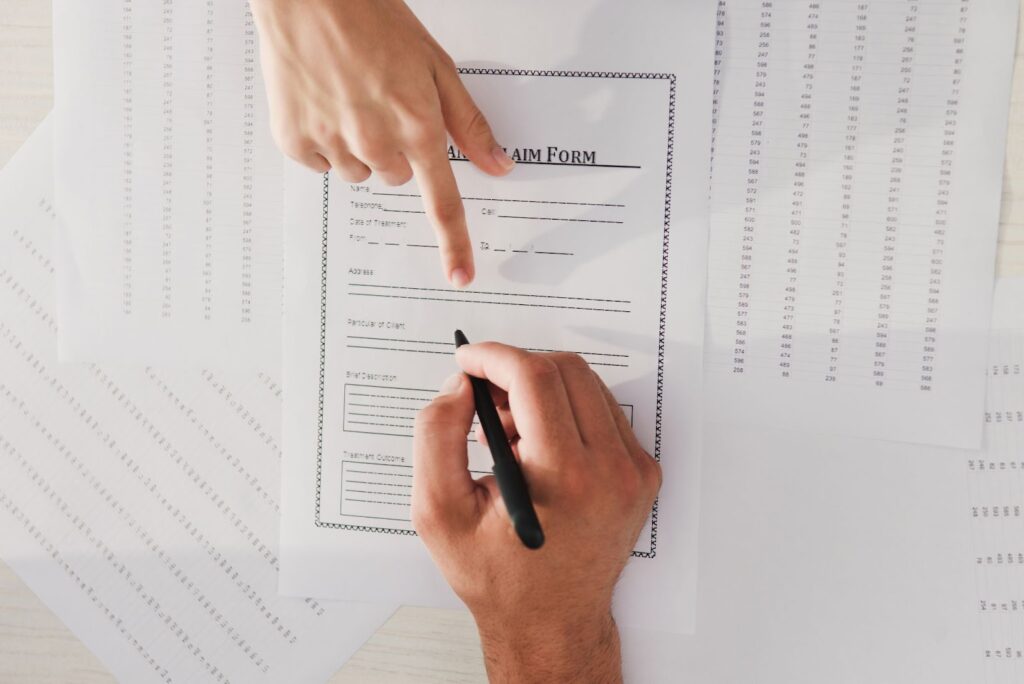oxygen domain was triggered too early. This is usually an indicator for some code in the plugin or theme running too early. Translations should be loaded at the init action or later. Please see Debugging in WordPress for more information. (This message was added in version 6.7.0.) in /var/www/wp-includes/functions.php on line 6121If you’re wondering what a notary attestation is, how it is made, or how it differs from notarization, you’re at the right place.
When handling legal affairs, international trade, or substantial financial transactions where document legitimacy is vital, notarization acts as a shield against doubt and deception. Attestation, on the other hand, is something different. It can involve a notary, but there’s a difference.
Let’s explore the topic of notary attestation and its role in today's world.

Consider this: 'Notarization' and 'attestation' are like two sides of a coin. Although they may seem identical on the surface, they have distinct roles when you look deeper.
In order to clarify, let's look at these 3 important differences:
1. Notarization can only be carried out by a public notary who has been commissioned by the state.
2. In contrast, attestation does not require such official sanction; anyone is permitted to perform it.
3. Despite the difference in who can perform them, both notarization and attestation serve to validate documents, albeit in different ways.
By grasping these subtle yet significant differences, we can better comprehend the unique roles of notarization and attestation in the legal domain.
Notary attestation involves a third party who is not directly involved in a transaction. This third party 'attests' or witnesses the signing of a document by the two main parties. After witnessing the signing, the third party also signs a statement confirming that they saw the two main parties sign the document and verifying its content.
Attestations play a pivotal role in the validation of wills and trusts. They endorse the following:
In the United States, the application and structure of attestation clauses in legal documents are governed by individual state probate laws. Despite minor variations across states, the core purpose and meaning of attestation remain largely the same.
The American Bar Association introduced a Model Probate Code in 1946, intended as a legal benchmark. Most state probate laws resemble this code, with infrequent minor modifications. The most noticeable differences in attestation clauses across states are linked to the eligibility criteria for a third-party attestor.
An anticipated objection to this might be that the laws vary too much between states for a consistent grasp of attestation. However, while the laws may differ slightly, the general concept and purpose of attestation remain consistent across all states, thereby maintaining a level of uniformity.
The following points serve to evoke emotion in the audience:

The notarization process involves a notary public, a neutral third party who verifies your identity, and the signer. The notary certifies your presence at the document signing, which plays a crucial role in ensuring document authenticity. They don't just check your ID; they ensure you willingly sign the document and are fully aware of its contents.
The notary then stamps and signs the document, adding their seal of approval. This act certifies the document's authenticity, adding a layer of fraud prevention. The notarized document now carries enhanced legal weight and credibility, making it harder for anyone to dispute its validity.
What's more, the notary keeps a detailed record of the notarization in their journal. This might seem like an extra step, but it's invaluable for future reference, adding another layer of protection against fraud. Therefore, the notarization process provides you with peace of mind, knowing that your document's authenticity and legality are undoubted.
| In the intricate world of legal paperwork and validation, notary attestation stands as a defender of authenticity and a builder of trust. But why limit yourself to essential methods when our Notary Journal App provides this pivotal service at your fingertips? With a few clicks, revolutionize how you verify, protect, and witness your important documents. The app covers a variety of documents, from wills to trusts, ensuring your peace of mind with its convenience, security, and legal integrity.  Welcome the future of notarization today—where effectiveness aligns with dependability, all on your own time. Explore how our Notary Journal App can serve as your ultimate protection in securing your documents against fraud and disputes. Bonus: Every notary registered gets an additional complimentary listing on our partner site - www.notarypublicdirectory.com |
In the end, it's all about safeguarding your peace of mind.
With notary attestation, you can fortify the legality of your documents and witnesses, protecting yourself from fraud and disputes.
Notaries add an extra layer of security, verifying your identity and presence during signing.
From traditional to electronic notarization, every notarial act contributes to this security.
So, remember the power of notary attestation next time you sign – it's more than just a signature. It's your safety net.